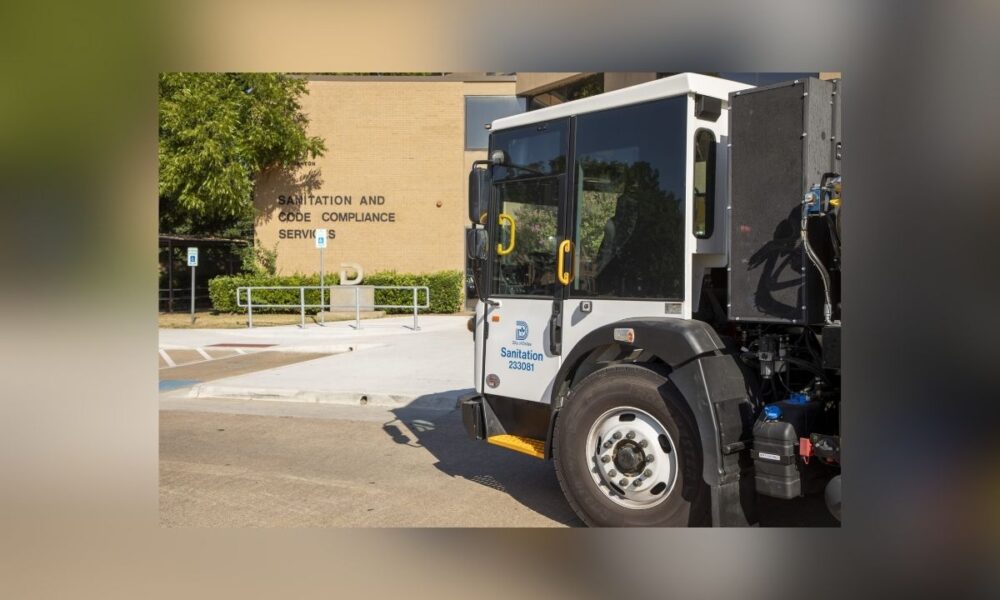Dallas City Manager Kimberly Bizor Tolbert has paused the city’s controversial plan to shift thousands of homes from alley to curbside trash collection.
The pause affects roughly 44,000 Dallas households as officials reassess options to address worker safety concerns while honoring resident preferences. The move marks a notable reversal in the city’s waste management approach.
The plan originally targeted about 26,000 customers for mandatory curbside service beginning January 2026, but the expanded review now covers all homes with narrow or obstructed 8- to 9-foot alleys.
Under the Hybrid Approach presented in June 2025, city officials proposed moving homes with narrow, unimproved, or dead-end alleys to curbside pickup. Most affected homes have front driveways, which staff said would make the switch feasible.
Opponents argue the change would burden seniors and disabled residents who may struggle to move heavy bins to the street and could force costly modifications to fences and yards. As previously reported by The Dallas Express, many residents prefer the convenience and appearance of alley collection to curbside bins.
Sanitation officials will survey residents in October and November to measure interest in keeping alley service. One option being studied involves franchised waste providers, though that could raise collection costs.
“We hear you, and change is hard,” Tolbert said. “I’ve asked the staff to reconsider, review, and reevaluate all the available feasible options and think creatively about solutions that may be workable. We must balance customer service expectations with worker safety.”
Residents will be notified of the pause through city channels and encouraged to participate in the upcoming survey that will shape the final policy.
Tolbert added that residents can help address safety concerns by clearing vegetation and trimming trees along paved alleys to improve conditions for continued service.
The pause follows mounting community pushback against the city’s original plan and reflects a broader demand for accountability at City Hall.


